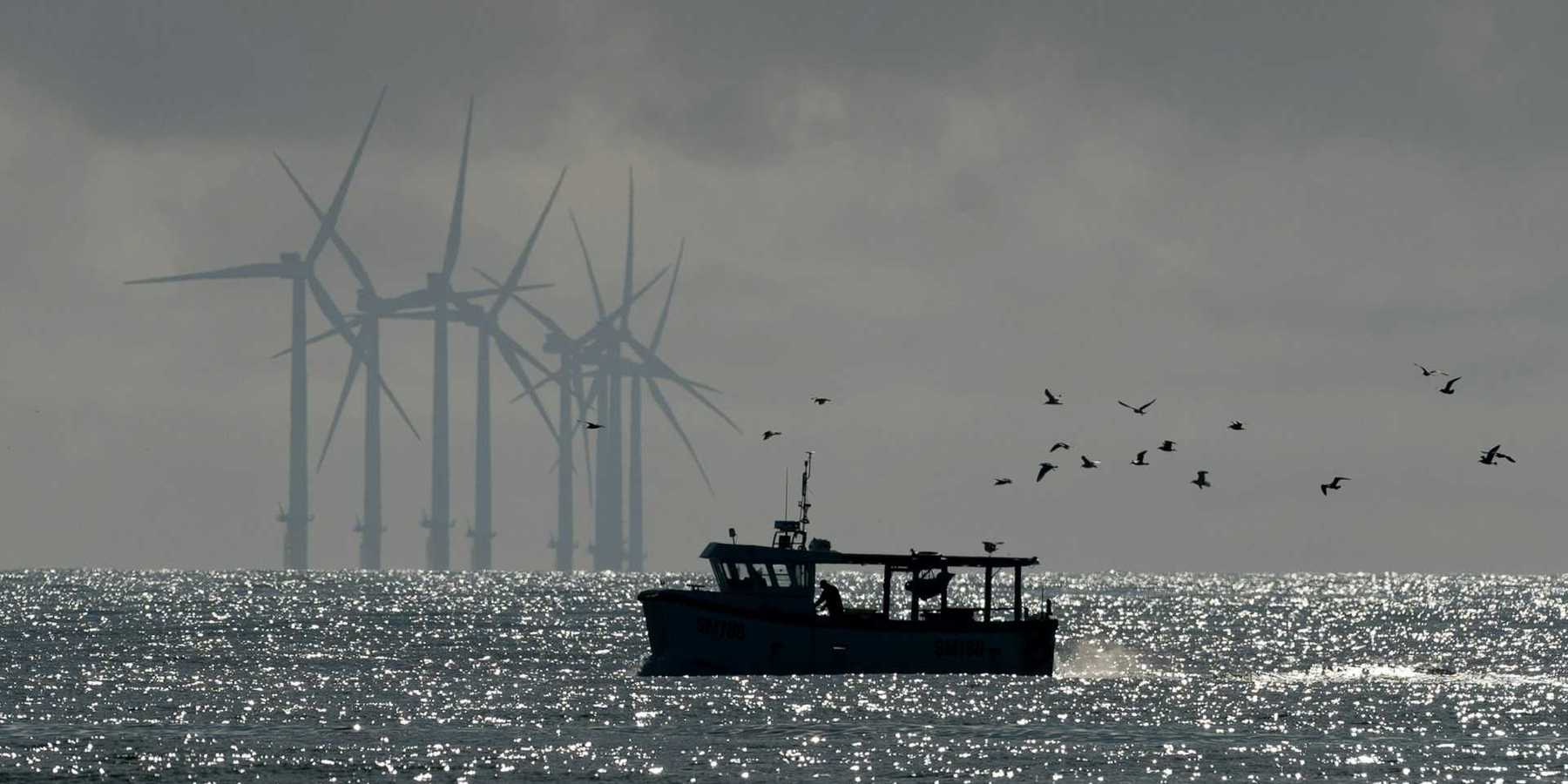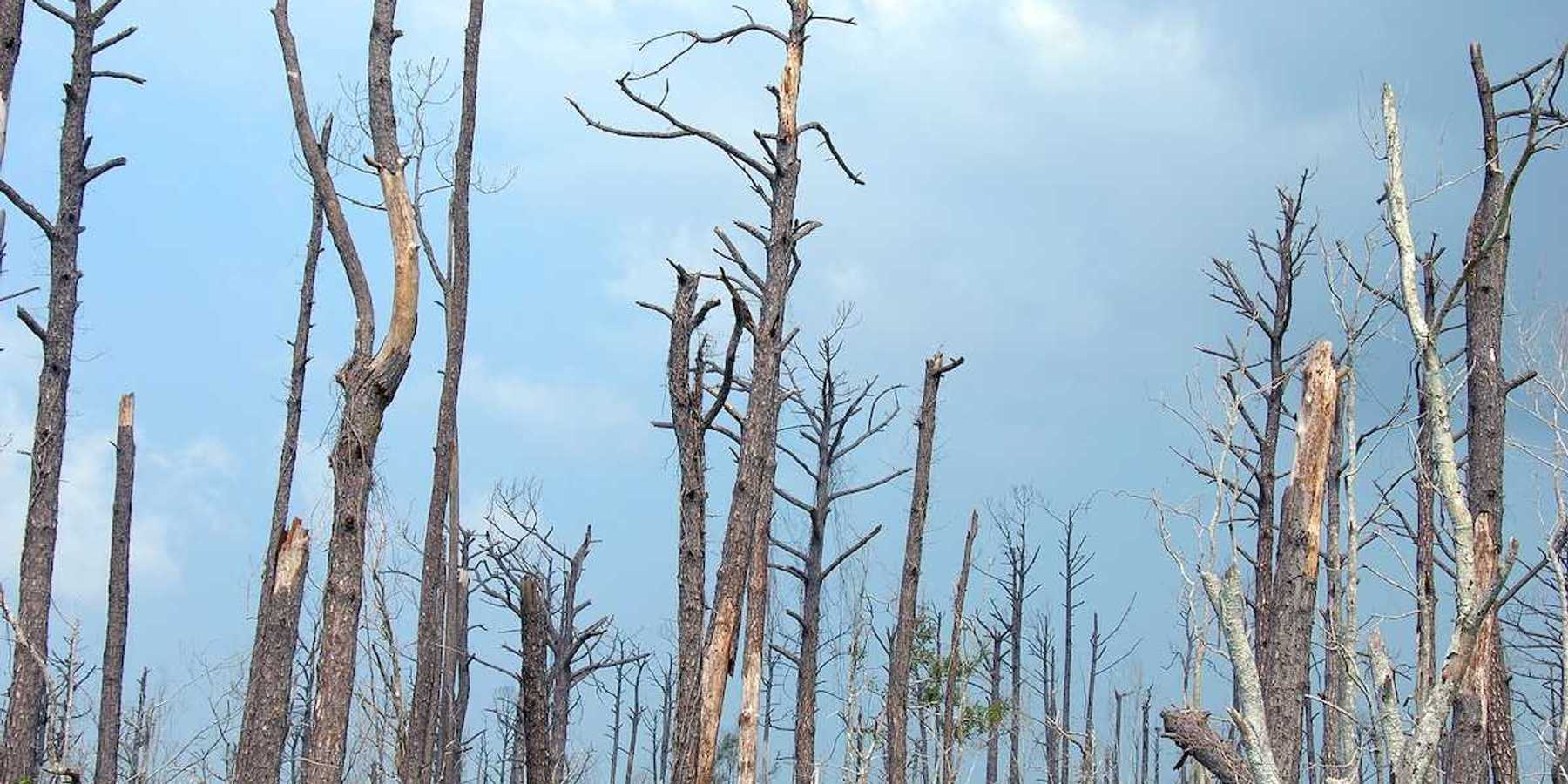Toxic chemicals spiked in the air during Los Angeles wildfires
As Los Angeles wildfires burned through homes and vehicles, airborne lead reached 100 times normal levels and chlorine spiked to 40 times above average, exposing toxic threats far beyond the fire zones.
Hiroko Tabuchi and Mira Rojanasakul report for The New York Times.
In short:
- Researchers recorded extreme increases in lead and chlorine in Los Angeles' air during recent wildfires, using a new real-time monitoring system.
- Urban wildfires, fueled by burning homes and plastics, release dangerous toxins, amplifying health risks for nearby residents.
- Lead and chlorine can harm the nervous system, lungs and respiratory tract, with children particularly vulnerable to lead exposure.
Key quote:
These fires are "no longer just about burning trees and grass. They are urban wildfires, fueled by the very materials that make up our homes and cities.”
— Haroula Baliaka, atmospheric chemistry researcher at the California Institute of Technology
Why this matters:
The rising prevalence of wildfire smoke is amplifying public health risks, creating a grim new normal in regions increasingly besieged by flames. Beyond the immediate dangers of flames, the smoke carries a cocktail of toxic pollutants that can have long-term consequences for human health. Urban fires, which involve the combustion of building materials, plastics and chemicals, pose an even greater hazard. Unlike forest fires, which predominantly release natural carbon compounds, urban fires generate a mix of heavy metals, synthetic chemicals and other toxins.
Related: Modern "plastic" homes burn faster and release toxic chemicals during fires













